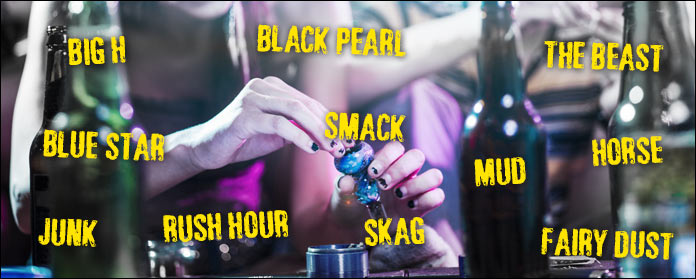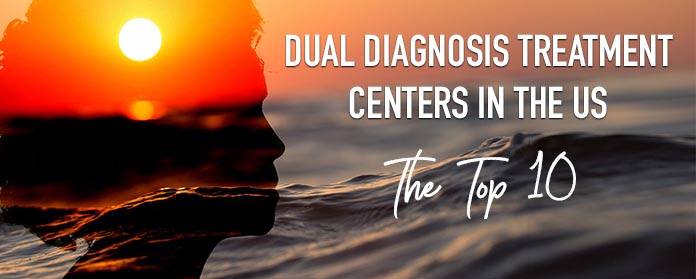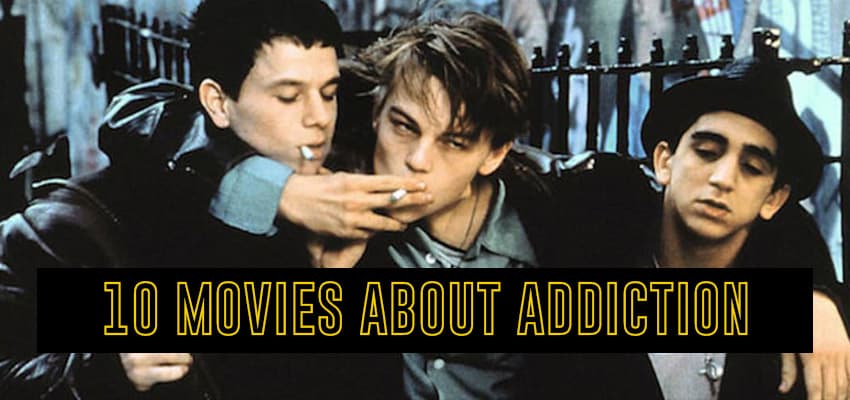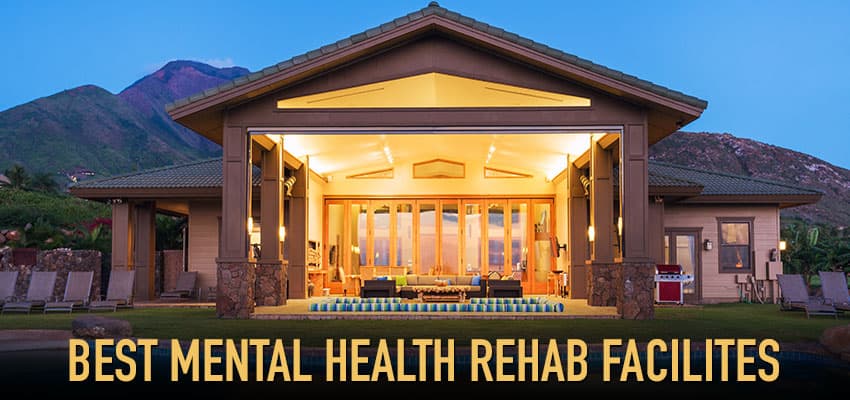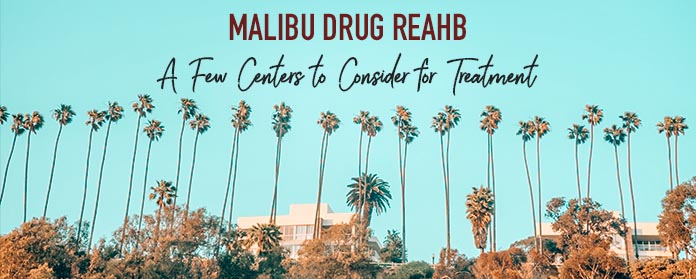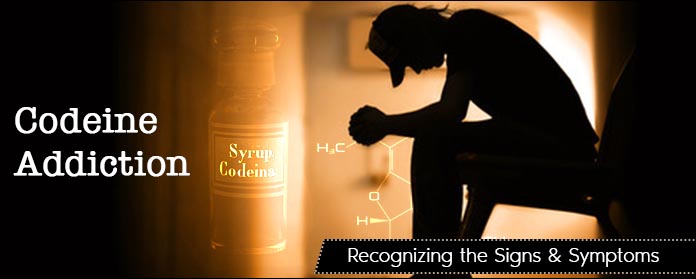Drug overdoses are a parent’s worst nightmare, and it happens every day. In 2017, more than 72,000 Americans died from a drug overdose. The scariest part – these numbers are increasing each year!
The number of teen deaths from drug overdose did decline after 2007, but unfortunately, the rate went back up in 2015. It’s important to notice the sign of drug use because you don’t want your child to be a statistic. Most of these deaths are unintentional.
When you’re a parent, it can sometimes feel like your kids are speaking a different language. Here are some common street names for drugs you should know.
[toc]
Heroin
Heroin goes to the brain quickly no matter how a person uses it. This makes this drug highly addictive. People can get addicted to heroin after using only one or two times.
Heroin comes from the opium poppy, which is a flower that grows in South America, Asia, and Mexico. It can be either a brown or white powder or black tar.
The use of heroin has nearly doubled between 2007 and 2012. Many experts feel that is a result of the prescription painkillers, Vicodin and OxyContin. These drugs are also made from the poppy plant.
There are several slang terms for heroin based on its looks, origin, packaging, and characters. Heroin has several names used on the street. Words to listen for that could mean heroin include:
- Smack
- Skag
- Junk
- Big H
- Black pearl
- Little boy
- Perfect high
- Tar
- ‘H’
- Brown
- Good horse
- Dope
- Aunt Hazel
- Brown Sugar
- China
- Mud
- Dr. Feelgood
- The Beast
- Rambo
- Horse
- Tootsie roll
- Fairy dust
- Mexican mud or horse
- Rush hour
- Blue star
- Big bag
- Hero
Heroin has no regular user. According to the DEA, 1.2 percent of the population have reported using heroin at some point in their lifetime. Users are all races, income, gender, and ages.
Cocaine
Cocaine was a popular drug in the 1970s and 1980s. There were songs about it (i.e. Eric Clapton’s cocaine). It was also glamorized in movies – think Scarface.
This drug heightens a person’s energy and alertness because it is a stimulant. The coca plant in South America produces this highly addictive drug.
Cocaine comes in different forms, with the most popular being the white powder. It can also be a solid crystal rock.
There are different methods for taking this drug, and most users snort the white powder up their nose. Other users dissolve it in water and inject it or rub it on their gums. When using the rock crystal, users will heat and smoke it.
Some street names are popular and used in movies and songs. Other names to listen for include:
- Coke
- White powder
- Blow
- C
- Freeze
- Girl
- Happy dust
- Monster
- Coconut
- Cola
- Mama Coca
- Candy
- Sweet stuff
- Nose
- Monster
- Mojo
- Big rush
- Nose stuff
- Lady snow
- Base
- Beat
- Casper
Cocaine causes serious health problems. Watch for bloody noises, frequent headaches, mood problems, and sleep issues. An overdose of this drug can cause heart problems, stroke, and seizures.
Crystal Meth
Methamphetamine, commonly known as crystal meth, is another stimulant drug. It affects the nervous system and is a popular party drug.
Crystal meth comes in either shiny blue-white rocks or crystal chunks. Users either use a glass pipe to smoke it, or they snort it, swallow, or inject it. This drug produces a quick euphoria. It can cause severe damage to the body and brain.
This drug was originally used in the wars to help keep soldiers awake. Now, some people start using it to help lose weight.
Popular street slangs for this drug include:
- Ice
- Meth
- Blue devils
- Chalk
- Glass
- Crank
- Go-fast
- Speed
- Mexican crack
- CR
- Yellow powder
- Rock
- Speckled birds
Meth addictions are one of the hardest to treat. Signs for meth use include weight loss, odd sleep patterns, picking at skin or hair, dilated pupils, severe mood swings, and psychotic behavior.
Ecstasy
Ecstasy alters a person’s mood and perceptions. It used to be a popular club and party drug, and now it is making its way to a broader area.
This drug normally comes in a tablet or capsule. The users swallow the drug, dissolve into liquid, or snort the powder.
Common street names for this drug include:
- Molly
- Adam
- MDMA
- MDEA
- Pills
- Love doves
- Happy pill
- Scooby snacks
- Malcolm X
- Vitamin E
- E-Bomb
Signs of ecstasy use include depression, anxiety, memory issues, sleep problems, impulsiveness, aggression, irritability, and decreased appetite. This drug makes it hard for a person’s body to control its temperature so it may cause issues to the liver, kidney, and heart.
Marijuana
There are hundreds of names for marijuana on the streets. It is the most abused drug in the U.S, and 11 million young adults said they tried or used marijuana in 2015
Marijuana can cause memory issues, heart problems, loss of coordination, panic, anxiety, and distorted perception. This drug is commonly smoked, or it can be baked into foods, like brownies or cookies.
Terms to listen for include:
- Mary Jane
- Hash
- Skunk
- Rip
- Root
- Doobie
- Weed
- Pot
- Chronic
- Baby
- Aunt Mary
- Grass
- Greens
- Reefer
- Ditch
Signs of marijuana use include red eyes, anxiety, poor coordination, delayed reactions, and increased heart rate.
Street Names for Drugs Final Thoughts
It’s important as a parent to be aware of drug slang used by teens today. Hopefully, this list will help you learn what to listen and look for if you heard these terms or any other similar terms used.
Most importantly, listen to your gut. If you feel something is wrong, you may be right. It’s time to talk to your child or get them professional help if needed.
Looking for More Information on Recovery and Addiction?
If you feel you have heard some of these street names for drugs, take a look at our site for information on addiction. You can also find more information on treatment and treatment centers.
Recovery Resource Center is here to be your ultimate guide to help with addiction and treatment. Contact us today, and we will help you move forward.
